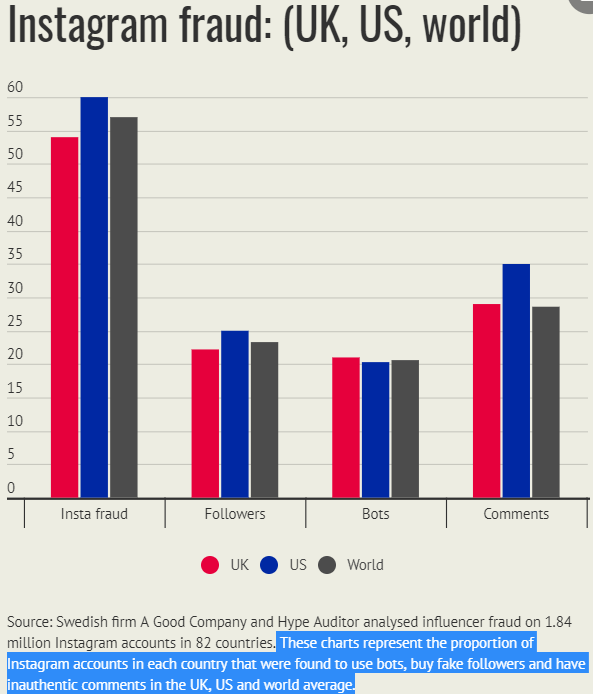An interesting follow-up to what we wrote last week about the internal challenges faced by organisations from activist employees.
Employees at Ogilvy Worldwide have been protesting the company’s work with U.S. Customs and Border Protection — one of the government bodies mired in controversy over the border crisis.
The employees, who were either attending in person at the New York City office or calling in from across the country, argued that several children have died in CBP custody and that Border Patrol agents are in secret Facebook groups mocking refugees.
The transcript of the meeting provides for fascinating reading and is an indication of the challenges that lie ahead for CEOs and other leaders in terms of employee relations.
We commend Ogilvy Worldwide CEO John Seifert’s attempt to handle this — his remarks at the meeting made the best of a bad situation.
If a client was fraudulent, or made Ogilvy help sell products or services “we thought we could not reconcile in terms of the greater good,” he said, “then we have a simple choice: ‘Don’t work for them.’ But in the main, we have tried to find the good side in most clients and work with them to mitigate things that over time might be deemed negative.”
However, a generation gap is clear in these responses from employees.
One employee said, “So I think what I heard is that we’re willing to work with companies that have oil spills. We’re willing to work with companies that sell big tobacco. We’re willing to work with companies that contribute to obesity rates. And I guess, what I’m mostly hearing is that we’re willing to work with companies that are allowing children to die and that are running concentration camps. So I don’t know, so we work with anyone then, is what I’m hearing. And I feel like I don’t understand, for me, I don’t understand why we can’t pivot?”
The employees pushed back on that subject later on. “We are a business of morals and influence, and our perspective can’t just be economic. ... This is about people, not just about money,” said one employee whose comment solicited applause from their colleagues in the room.
Crisis and reputational risk management aren’t just about dealing with external factors.
The challenges faced are increasingly likely to come from within a company.
These have real-world implications on an operational level.
Google has decided not to renew its contact for a controversial Department of Defense program known as Project Maven, which involved Google helping the US government analyze drone footage using artificial intelligence.
Google faced immense pressure from employees and outside critics over its involvement in drone warfare
In early April, more than 3,000 Google employees signed an open letter to Google CEO Sundar Pichai, advising the company to pull out of the program, writing, “Google should not be in the business of war.”
Influencers
A quick note while in the realm of ad agencies — this is a point we’ve been emphasising for some time now when consulted by our friends in agencies.
Influencer marketing is a bubble that’s ever closer to being popped.
Brands pay billions of dollars globally a year to promote their products through influencers who have sizable followings on top social media sites. But a new report suggests that, for a good chunk of their spending, those advertisers are getting ripped off.
That fraudulent activity is costing advertisers $1.3 billion this year, according to a report from Cheq, a cybersecurity company focused on the digital media space, and University of Baltimore economist and professor Roberto Cavazos.
This dawning realisation reminds us of the period social media marketing went through as it reached maturity.
There’s no escaping hard numbers — the return on investment becomes impossible to prove you can’t show some kind of valid metrics.



